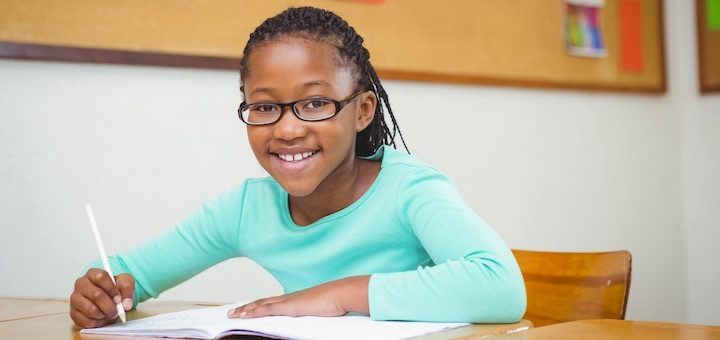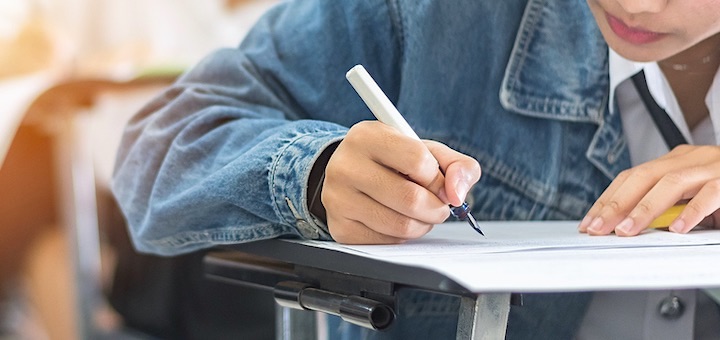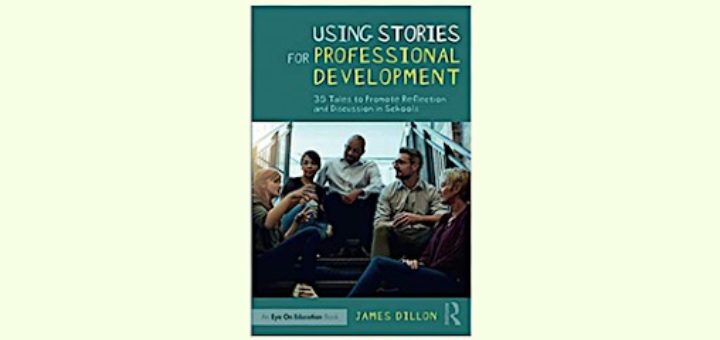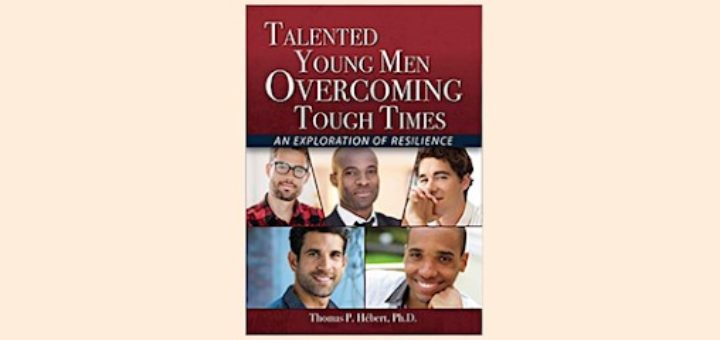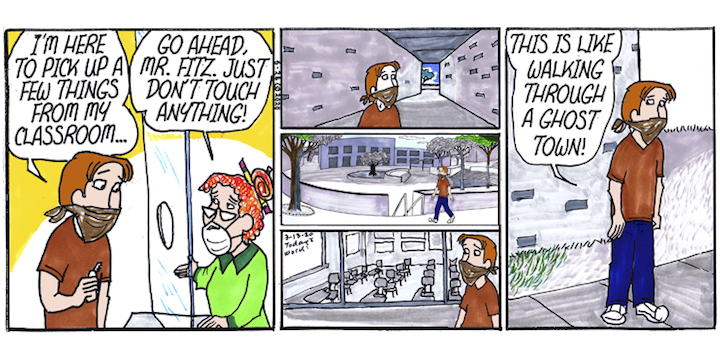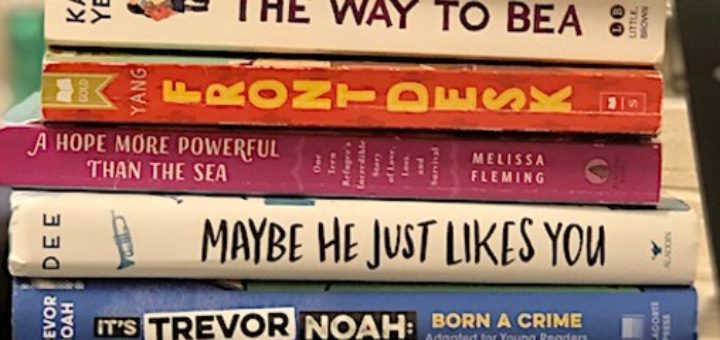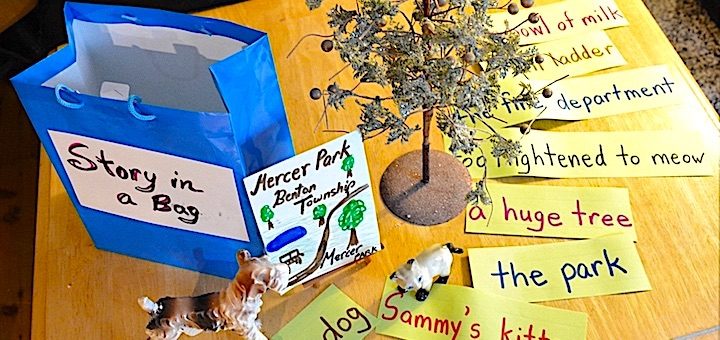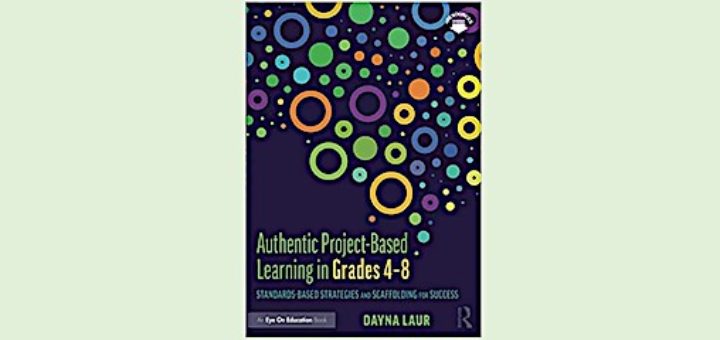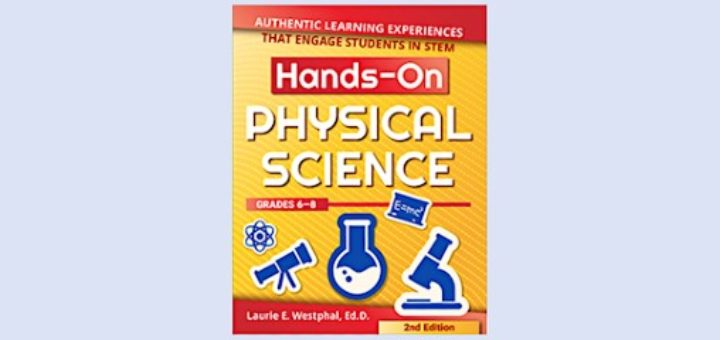10 Actions That Put Student Writers First
How do we put our young writers first? We seek to develop a mindset and actions that provide opportunity, dignity, and encouragement, says literacy expert Regie Routman. Then we carefully tailor feedback that celebrates strengths and boosts each and every writer’s confidence.

